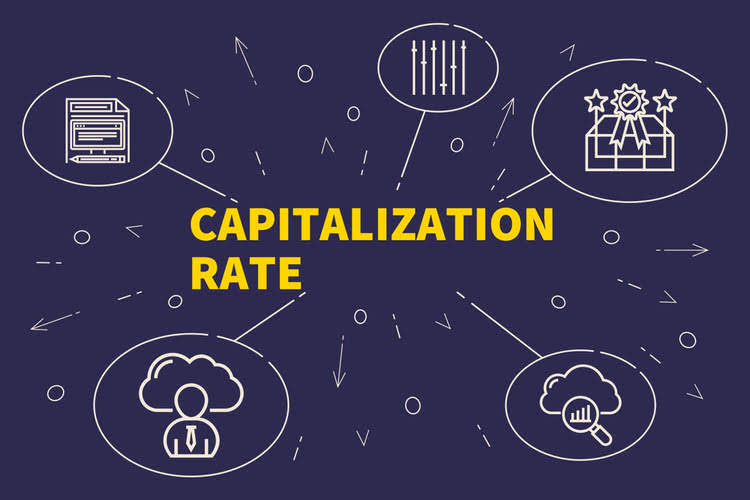
Even revaluation of assets is prohibited under GAAP unless there are marketable securities (assets that can easily be liquified). Another thing prohibited by the GAAP is a reversal of impairment losses incurred should an asset be revalued. For long-lived assets comparing ifrs to gaap like buildings and equipment, IFRS values them at their original price but could later revalue them depending on the market value. Although, if there are separate components to the asset having different values, they need to be depreciated separately.
Under US GAAP, fixed assets such as property, plant and equipment are valued using the cost model i.e., the historical value of the asset less any accumulated depreciation. IFRS allows another model – the revaluation model – which is based on fair value on the date of evaluation, less any subsequent accumulated depreciation and impairment losses. Amendments to IAS 37 effective for annual reporting periods beginning on or after January 1, 2022 clarify which costs should be used to identify onerous contracts.
Objectives of Financial Statements
While the requirements under IFRS Standards and US GAAP regarding the ‘Day One’ accounting for lessees are similar, differences remain for the ‘Day Two’ accounting. When preparing financial statements based on the GAAP accounting standards, liabilities are classified into either current or non-current liabilities, depending https://www.bookstime.com/articles/godaddy-bookkeeping on the duration allotted for the company to repay the debts. Deloitte refers to one or more of Deloitte Touche Tohmatsu Limited, a UK private company limited by guarantee (“DTTL”), its network of member firms, and their related entities. DTTL and each of its member firms are legally separate and independent entities.
- Some or all of the services described herein may not be permissible for KPMG audit clients and their affiliates or related entities.
- These rules help investors analyze and find the information they need to make sound financial decisions.
- In the United States, Deloitte refers to one or more of the US member firms of DTTL, their related entities that operate using the “Deloitte” name in the United States and their respective affiliates.
- It is aimed to provide users with information about the financial position, performance, profitability and liquidity of the company, to help them in making rational economic decisions.
- The way a balance sheet
is formatted is different in the US than in other countries. - With regards to how revenue is recognized, IFRS is more general, as compared to GAAP.
For example, in cases of global mergers and acquisitions, when they have non-US subsidiaries or non-US stakeholders like investors, customers or vendors. In several such instances, U.S. companies may be required to provide financial information in line with IFRS standards. Under GAAP, either LIFO or first-in, first-out (FIFO) inventory estimates can be used. The move to a single method of inventory costing could lead to enhanced comparability between countries and remove the need for analysts to adjust LIFO inventories in their comparative analysis. An entity using IFRS rules can classify equity method investments as “held for sale,” which is not possible under GAAP.
IFRS vs GAAP
We accept payments via credit card, wire transfer, Western Union, and (when available) bank loan. Some candidates may qualify for scholarships or financial aid, which will be credited against the Program Fee once eligibility is determined. Please refer to the Payment & Financial Aid page for further information. After submitting your application, you should receive an email confirmation from HBS Online. If you do not receive this email, please check your junk email folders and double-check your account to make sure the application was successfully submitted. No, all of our programs are 100 percent online, and available to participants regardless of their location.
This is at a broad, framework level; differences in accounting treatments for individual cases may also be added as this gets updated. Non-public entities may elect not to provide certain disclosures required for public entities. While both IFRS 15 and Topic 606 remain substantially converged, certain differences exist that can affect comparability. Here we summarize what we see as the top 10 differences in revenue accounting and disclosures under IFRS Standards and US GAAP.
Key principles of IFRS
IFRS was established in order to have a common accounting language, so business and accounts can be understood from company to company and country to country. Are you a finance and accounting fresher looking to kickstart your career? Landing an interview is the first step towards achieving your professional goals. In this comprehensive guide, we will equip you with the knowledge and confidence you need… Zell Education is a leading provider of accounting and finance education in India.
- The applications vary slightly from program to program, but all ask for some personal background information.
- In the US, under GAAP, all of these approaches to inventory valuation are permitted, while IFRS allows for the FIFO and weighted average methods to be used, but not LIFO.
- Unlike IFRS, GAAP excludes leases of all types of intangible assets from the scope of accounting standards.
- Under GAAP, the accounting process is prescribed highly specific rules and procedures, offering little room for interpretation.
- Under GAAP, either LIFO or first-in, first-out (FIFO) inventory estimates can be used.
- China, India, and Indonesia have national accounting standards that are similar to IFRS, while Japan allows companies to follow the standards voluntarily.
The financial world utilizes reports like the IFRS and the GAAP to provide information on the working and progress of a company. They are both thoroughly comprehensive and intensive but they do differ from each other. The IFRS is a report widely used to give an idea of the company’s financial standing. The GAAP is a set of principles that are used exclusively in the United States. It also is a method of reporting and it reports the accounting standards of a company.